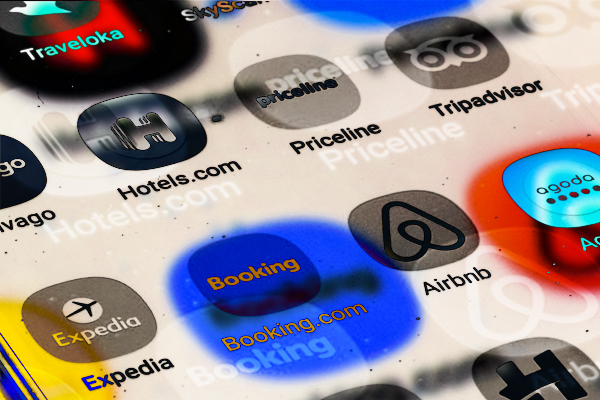Longer customer stays are reducing labor and other operational costs, according to Kalibri Labs, which tracks 35,000 hotels and receives detailed weekly guest checkout records/bookings.
The data company, on an investor call with Truist, noted that length of stay (LOS) remains elevated and that LOS has a strong correlation with reduced labor and other operating costs. The average LOS is about 2.1 nights across the industry versus the historical average of 1.9.

More specifically, Kalibri noted that a 0.2-night impact to LOS results in far fewer check-ins and that for every 0.1-night change to LOS, there are around 45,000 fewer check-ins versus 2019.
Kalibri said it does not anticipate LOS falling back to the historical 1.9 average and that this “really bodes well for the industry,” with consumers willing to pay more and stay longer.
It added that the impact may be particularly felt in the housekeeping department where select-service brands have either eliminated daily housekeeping or are providing light-touch cleans in between stays.
Sundays and Thursdays are behaving more like Fridays/Saturdays, which is positive for demand and rate.
REVPAR REWRITE
As a result of robust lodging performance in September/ October 2022, Kalibri said it is adjusting its RevPAR forecast from negative to positive in 2023—the current forecast is -1.2% and will be updated.
Corporate demand in the U.S. is projected to recover roughly to indexed 2019 levels by year-end 2022 on rolling-three-month basis, Kalibri said. ADR remains above 2019 figures.
In terms of location, the weakest areas for recovery on occupancy are large metros. In 2022, around 60% of bookings were through direct channels and 50% online. This is a good mix for C-corps and REITS/private owners compared to the pricier OTA channel (18% of demand in 2019 and in 2022).
OTHER OBSERVATION
The continuation of remote work impacted Kalibri’s forecast as it suggested that transient corporate was more negatively affected than group, where companies wanted to bring their own teams together. However, a considerable amount of overall group bookings “tend to be not quite as large as more dispersed across different property types than they might have been historically.”
